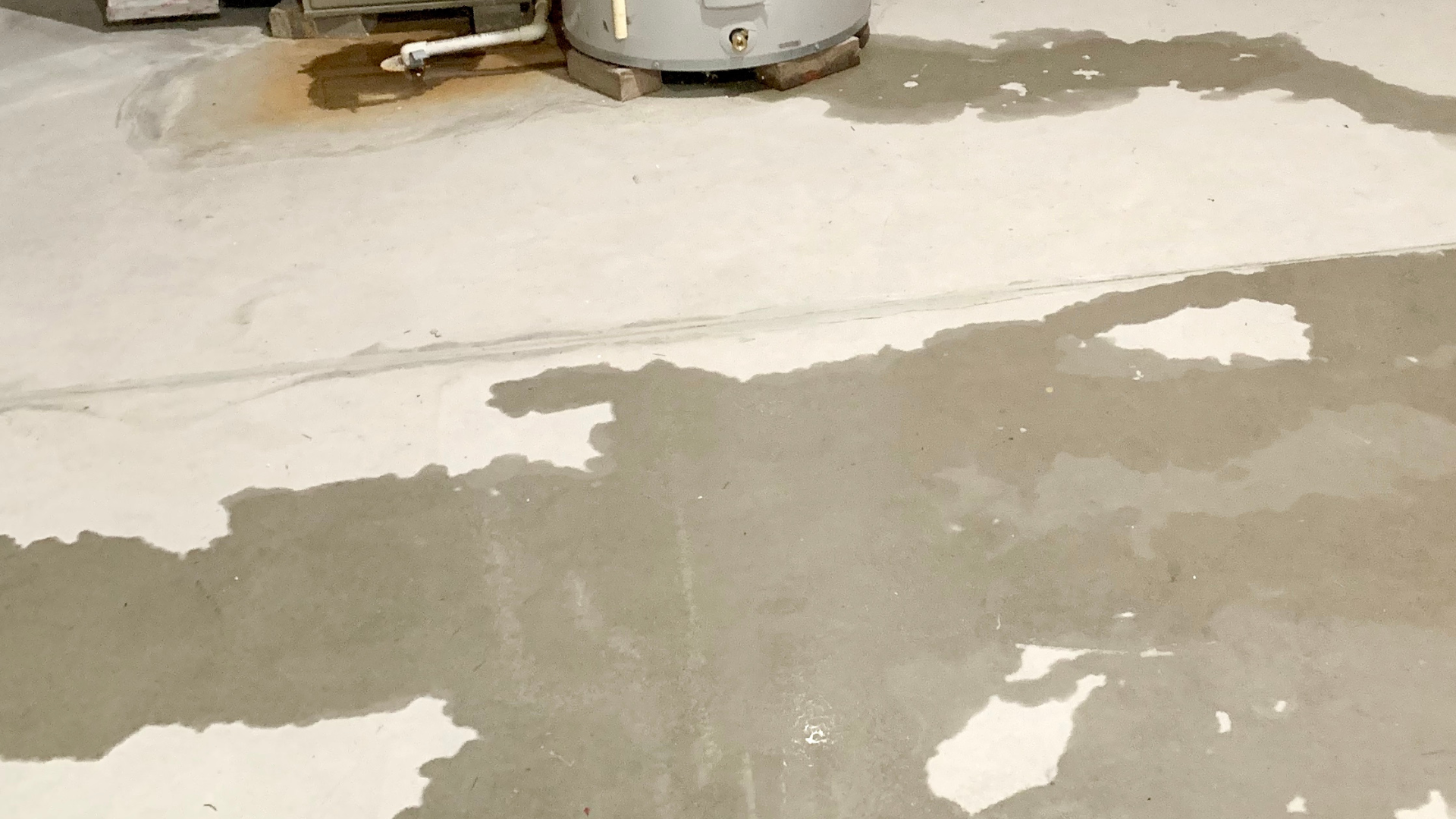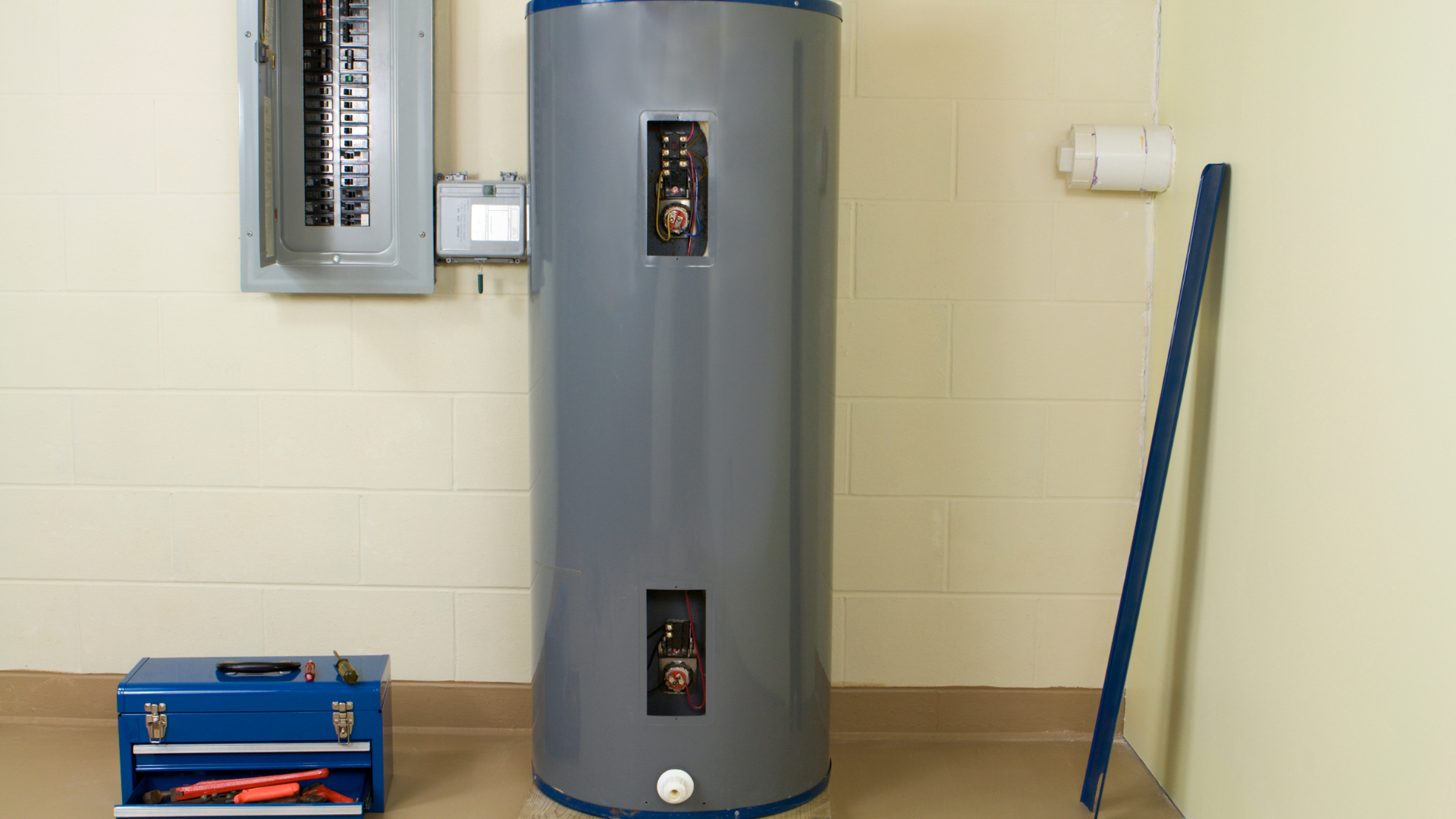Georgia
How a Homeowner Can Navigate Contractor Licensing in the Peach State

For homeowners in Georgia, navigating the world of home service contractors involves a mix of state-level licensing for general construction and specific trades, along with local requirements. Understanding how sales tax applies is also important, as Georgia has particular rules for labor.
Licensing Requirements for Home Service Contractors in Georgia
Georgia has a state-level licensing board for residential and general contractors, but also licenses specific trades, and local jurisdictions often have additional requirements.
State Licensing Board for Residential and General Contractors:
- The Georgia State Licensing Board for Residential and General Contractors (under the Secretary of State's Professional Licensing Boards Division) licenses contractors for projects valued at $2,500 or more.
- This board issues two main types of contractor licenses relevant to residential homeowners:
- Residential-Basic Contractor: For detached one-family and two-family residences and one-family townhouses, and accessory buildings and structures. This is the most common license for home builders and remodelers.
- Requirements: Must be 21+ years old, demonstrate at least 2 years of work experience as a residential contractor or in the employment of one (including experience on at least two specific projects within the scope), prove financial responsibility (net worth, line of credit, surety bond, general liability insurance typically $300,000+), pass a state-administered Business and Law exam and a Residential-Basic Trade exam.
- Residential-Light Commercial Contractor: Allows for work on single-family and two-family residences, townhouses, and light commercial projects up to $1,000,000.
- General Contractor: For all types of construction, including residential and commercial projects without monetary limitations. This license has more stringent experience and financial requirements.
- Projects under $2,500 generally do not require a state contractor license, falling into a "handyman" type of work. However, always check local requirements.
Specialized Trades Require State Licenses:
- Plumbers, Conditioned Air (HVAC) Contractors, and Electricians: These trades are licensed by separate divisions under the Georgia Construction Industry Licensing Board (also part of the Secretary of State's Professional Licensing Boards Division).
- Plumbers: The Division of Master and Journeyman Plumbers licenses plumbers. Master Plumbers require significant experience (e.g., 5 years as a journeyman or equivalent education/experience) and must pass a state exam. To operate a plumbing contracting business, a Master Plumber license is generally required.
- Conditioned Air Contractors (HVAC): The Division of Conditioned Air Contractors licenses HVAC professionals. Master Conditioned Air Contractor licenses require experience and passing state exams.
- Electricians: The Division of Electrical Contractors licenses electricians. Master Electrician licenses require substantial experience (e.g., 4 years as a journeyman) and passing state exams based on the National Electrical Code.
- Other Trades: For professions like roofing, painting, or drywall, there is typically no statewide license in Georgia. These generally fall under the scope of a Residential-Basic Contractor or local regulations.
- Local Municipal Requirements: Even with state-level licensing, many cities and counties in Georgia will have their own business licenses, permits, and inspections. Always check with your specific city or county's building department or business licensing office for any additional local requirements. For example, Atlanta, Savannah, and Augusta will have their own local permit and possibly registration processes.
Hiring a contractor for projects over $2,500 without a valid Georgia state license is a violation of state law and puts your project at risk. Always verify state licenses for both general contractors and specialized trades.
How Sales Tax Applies to Home Service Projects in Georgia
Georgia has a state sales tax rate of 4%, plus various local sales taxes (Local Option Sales Tax - LOST, Special Purpose Local Option Sales Tax - SPLOST, etc.) which can bring the combined rate significantly higher depending on the county (e.g., often 7% to 9% total). The application of sales tax to home service projects in Georgia has a distinct rule for labor:
- Labor for Installation and Repair is Generally NOT Taxable (if separately stated):
- One of Georgia's key sales tax rules is that charges made for "repair labor" or "installation labor" are not subject to sales tax, provided these charges are separately stated on the invoice, billing, or similar document given to the purchaser.
- This applies to labor for affixing, connecting, making an item ready for use, or restoring an item to its original form.
- However, if labor is for "fabrication" (creating a new item or significantly changing an existing item into a new item), the entire charge, including labor, may be taxable. This usually applies to custom manufacturing.
- Materials are Taxable:
- The tangible personal property (materials) that a contractor sells and installs, or uses in the project, is subject to Georgia sales tax.
- How it works: Contractors typically purchase these materials from their suppliers either:
- Paying sales tax to their supplier: If the contractor is considered the "end user" of the materials (less common for large projects where materials are passed to the customer).
- Using a resale certificate: More commonly, contractors purchase materials from their suppliers tax-exempt using a resale certificate, and then collect the applicable state and local sales tax from the homeowner on the selling price of those materials. This means the homeowner pays the sales tax on the materials directly to the contractor, who then remits it to the state.
What this means for homeowners:
- For most home improvement, remodeling, or repair projects in Georgia, you should expect to see sales tax applied to the materials used in your project.
- The labor portion should generally be exempt from sales tax, but only if it is clearly itemized and separated from material costs on your invoice or contract. If a contractor provides a lump-sum price that doesn't break out materials and labor, the entire amount could be subject to sales tax.
- Always discuss the sales tax implications with your contractor and ensure your contract clearly itemizes materials and labor to take advantage of any labor exemptions.
How to Verify Licensing in Georgia
Verifying a home service contractor's credentials in Georgia involves checking with the state's professional licensing division and local municipal offices.
Georgia Secretary of State - Professional Licensing Boards Division - Licensee Search:
- This is the official state portal for verifying licenses for Residential & General Contractors, Plumbers, Electricians, and Conditioned Air (HVAC) Contractors.
- Website: Go to the Georgia Secretary of State's Professional Licensing Boards Division: https://sos.ga.gov/licensing-division-georgia-secretary-states-office. Look for a "Licensee Search" or "Search for a Licensee" option.
- Search Options: You can search by license type/board, name, or license number. Be sure to select the correct board (e.g., "Residential and General Contractors," "Electrical Contractors," "Conditioned Air Contractors," "Master and Journeyman Plumbers").
- Information Provided: This search will show the license status (active, expired), license number, issue/expiration dates, and any public disciplinary actions.
Georgia Secretary of State - Business Search:
- Verify the contractor's business entity (LLC, corporation, etc.) is properly registered and in good standing with the state.
- Website: https://ecorp.sos.ga.gov/BusinessSearch
- Search: Enter the business name.
Local City/County Building Departments or Business Licensing Offices:
- Even with state licenses, local jurisdictions may have additional business registration requirements or specific permitting processes.
- Find Contact Information: Visit your specific city or county's official website (e.g., City of Atlanta, Fulton County, DeKalb County). Look for departments like "Building Permits," "Planning & Community Development," or "Business Licenses."
- Direct Inquiry: Call or visit their office. Inquire about any local contractor registration/licensing requirements and ensure all necessary permits are obtained for your project.
Proof of Insurance and Bonding: Always request current Certificates of Insurance for general liability and, if the contractor has employees, workers' compensation insurance. For state-licensed contractors, specifically ask for proof of their required surety bond. You can contact the insurance and bonding companies directly to verify coverage.
Performing these verification steps is crucial before hiring a contractor in Georgia to ensure they are legally authorized and properly insured for your project.
Sources
- Georgia Secretary of State - Professional Licensing Boards Division:
- Main Licensing Page: https://sos.ga.gov/licensing-division-georgia-secretary-states-office
- Licensee Search Portal: (Accessible from the main licensing page, look for "Search for a Licensee")
- Residential and General Contractors Board: https://sos.ga.gov/how-to-guide/how-guide-residential-contractors
- Construction Industry Licensing Board (includes Plumbers, Electricians, Conditioned Air): (Information found under the main Licensing Division site)
- Georgia Department of Revenue (DOR) - Sales and Use Tax:
- "What is Subject to Sales and Use Tax?" (Includes info on labor): https://dor.georgia.gov/taxes/sales-use-tax/what-subject-sales-and-use-tax
- Sales Tax Savings for Labor on Installation and Repair (Vertex): https://www.vertexinc.com/resources/resource-library/georgia-sales-tax-savings-labor-installation-and-repair
- Georgia Secretary of State - Corporations Division (Business Search):
- Business Search Portal: https://ecorp.sos.ga.gov/BusinessSearch
- Local Municipal Resources (Examples - always check your specific location):
- City of Atlanta - Office of Buildings: (Search "Atlanta Office of Buildings permits" for local info)
- Consumer Ed - Georgia.gov (How to verify contractor license): https://consumered.georgia.gov/ask-ed/2023-12-13/how-can-i-verify-contractor-licensed-and-insured
- Industry Guides (for general overview, always defer to state/local sources):
- NEXT Insurance - Georgia Handyman License and Insurance Requirements: https://www.nextinsurance.com/blog/georgia-handyman-license-and-insurance-requirements/
Click Another Article to Read More










